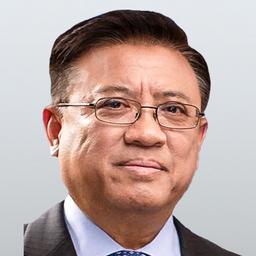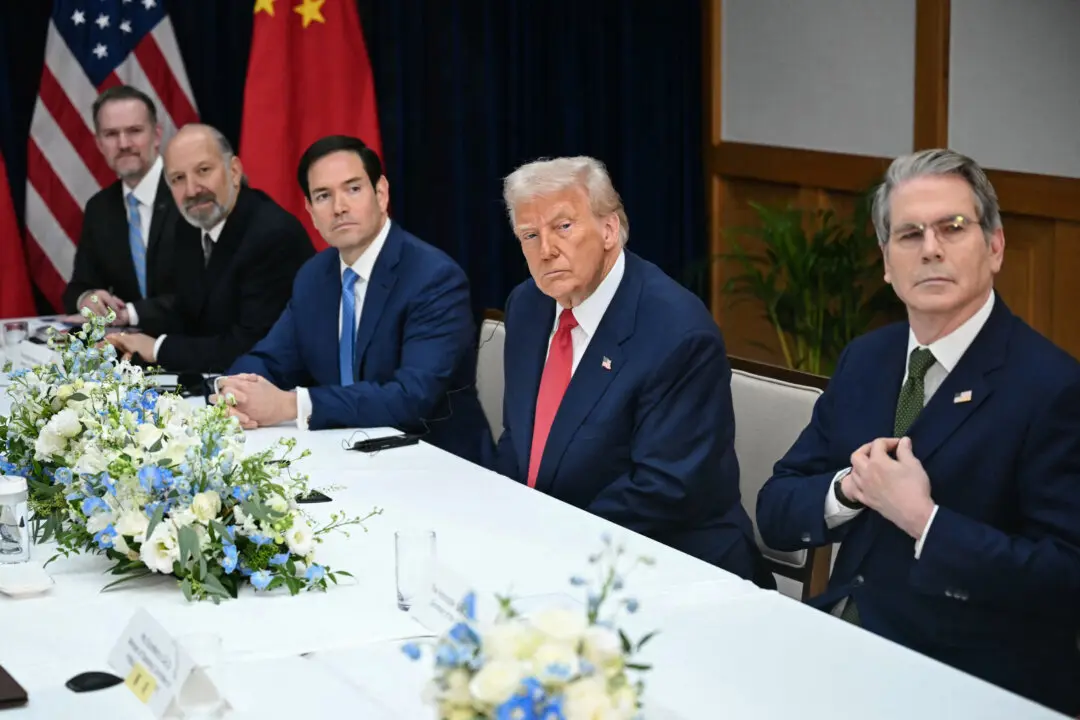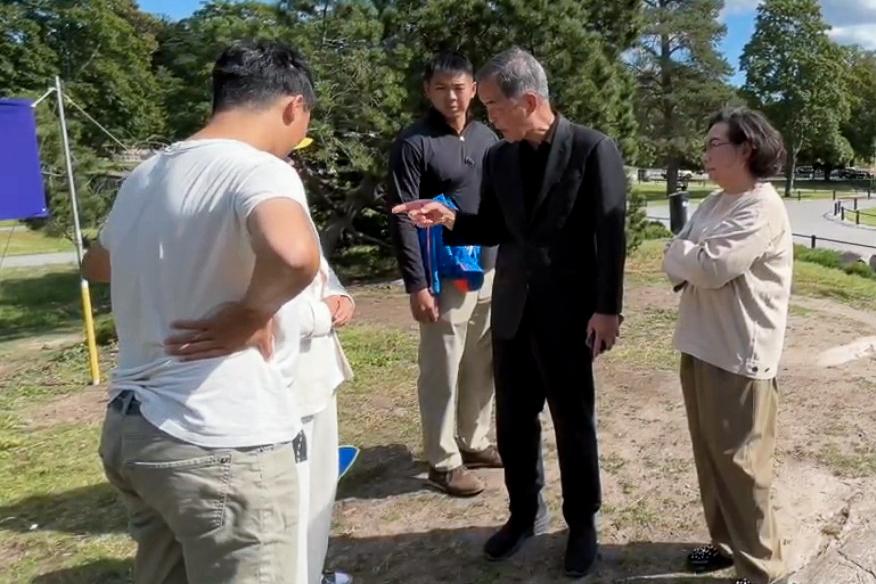The spokesman of China’s Ministry of Foreign Affairs did not directly answer questions about the arrest of former Canadian diplomat Michael Kovrig at a press conference earlier this month. Spokesman Lu Kangin merely said that Kovrig’s employer—the International Crisis Group (ICG)—was not registered in China as a non-governmental organization (NGO) and Kovrig could have broken Chinese law.
Kovrig, a senior adviser of the think-tank ICG, was detained after police in Canada arrested Meng Wanzhou, the chief financial officer of China’s Huawei Technologies Co Ltd, on Dec. 1 at the request of U.S. authorities. According to Reuters, state-run Beijing News reported on Dec. 12: “Canadian citizen Michael John Kovrig was on Dec. 10 investigated in accordance with the law by the Beijing State Security Bureau on suspicion of engaging in activities that harm China’s state security.”





